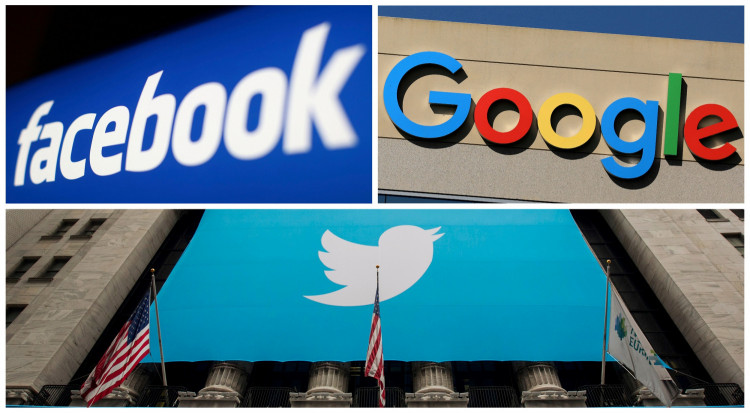Following developments in the proposed tech taxes that the French government will impose on American tech firms, the White House announced on Wednesday that a probe into the proposed tax policy will be carried out.
The proposed tax policy in question is waiting for approval from the French Senate on Thursday but Washington is not happy about the proposal. U.S. Trade Representative Robert Lighthizer said the policy "unfairly targets American companies."
Analysts said if the tax policy is passed on all French jurisdictions, the White House may retaliate with new tariffs or possibly roll out restrictions on some French trade dealings with the U.S.
The USTR is standing by its statement that France is being unfair in its plans to tax American tech giants. Once the policy takes effect, companies such as Facebook, Google, Amazon, Apple, and others will be forced to pay millions.
As part of the White House efforts to block the policy from passing Senate, U.S. President Donald Trump approved an order to investigate the proposed tax law. The probe will look into whether the policy discriminates against U.S. tech trade.
While France's proposed law will have a huge impact on American firms, other countries are also at risk of spending millions in tax duties. These countries include the U.K., China, Spain, and Germany.
If the French government's tax scheme is approved, tech companies with annual revenues reaching $844 million will be forced to comply. This is why industry experts are expecting the U.S. "big tech" circle to feel the brunt of the proposed tax policy.
This year alone, the tax policy is expected to raise around $450 million in taxes paid by American tech companies. On the other hand, France's plan may or may not push through if the White House succeeds in blocking the policy.
Republican Senate Finance Committee Chairman Chuck Grassley and Senior Democrat of the panel, Senator Ron Wyden, said in a joint statement that the proposed digital tax duties are "clearly protectionist."
When France's lower house passed the proposed tax duties, the tech industry warned that digital service taxes could result in higher costs for consumers who patronize technological devices and products.
Despite Washington's efforts against the potential policy, critics noted that France is making the right move. There have been earlier proposals to tax tech behemoths that earn millions annually but plans always fell through.
France doesn't have the full support of the European Union but it is working out a deal with the Organization for Economic Cooperation and Development that includes 34 other member countries.





